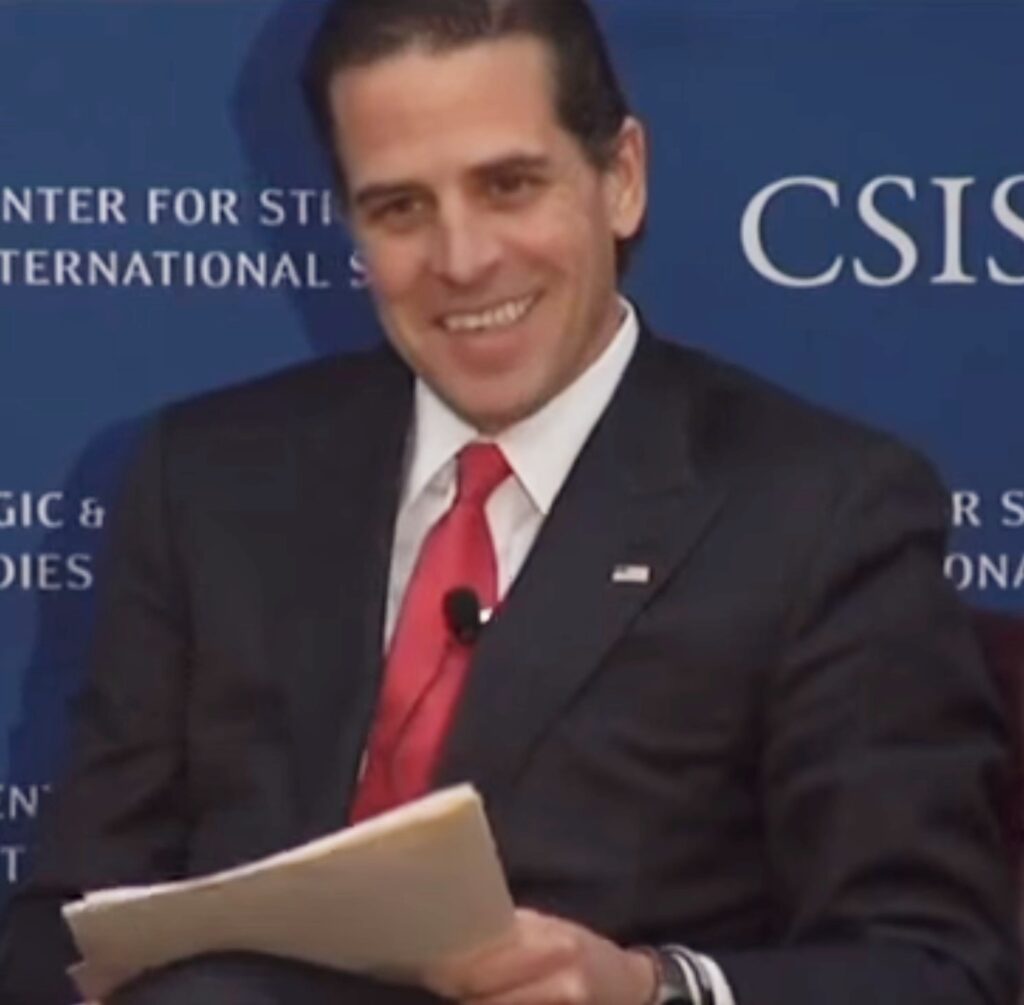
On October 6, 2022, the Washington Post reported that federal agents think they have enough evidence to charge Hunter Biden with federal crimes. The admission to the Post by unnamed federal agents led to a series of other articles about the investigation. It’s almost as if the younger Mr. Biden’s trial by media has begun.
Press stories about high profile cases influence public opinion. I know this first hand; it happened in my cases.
Press Leaks
According to Chris Clark, Hunter Biden’s attorney: “It is a federal felony for a federal agent to leak information about a Grand Jury investigation such as this one.” “Any agent [cited] as a source in [The Post’s] article apparently has committed such a felony.” He’s right: see (D) Prosecution in the DOJ Criminal Resource Manual 156. Disclosure of Matters Occurring Before the Grand Jury.
How is it that I am going to write an entire blog post about the possible case against Hunter Biden if Grand Jury proceedings are supposed to remain secret?
I find it fascinating that press coverage of high-profile criminal cases has such a powerful influence on public opinion even though the average American knows little about how criminal prosecutions work. As John Oliver humorously explained, most Americans’ understanding of how the criminal justice system works is derived from watching crime shows like Law & Order. Sure, there are high school curricula on Law and Justice, but that’s not enough exposure to fully understand all the intricacies. I learned how American criminal justice worked by going through it.
Sensationalized Coverage
Sensationalized coverage of criminal cases by the press has been going on for nearly 100 years. My first recollection a criminal case capturing America’s attention was the OJ Simpson trial, back in 1995. The rise of social media in the last decade has increased the public’s exposure to news, public opinions and misinformation.
Extensive coverage of a criminal case, in both the traditional press and social media, can interfere with defendants’ Sixth Amendment right to a trial by an impartial jury. This only further complicates the fair administration of justice in a system that is fundamentally broken. As legal scholar Clark Neily points out, the American system of justice over criminalizes and lacks any meaningful guarantees of professional accountability for prosecutors As of 2017, 91% of Americans supported criminal justice reforms. Our current systems of justice disproportionally affects poor and racial minorities and has led to mass incarceration that destroys families and communities. There’s no consequence for when prosecutors knowingly send innocentpeople to prison.
To Charge or Not to Charge
It is this same flawed justice system that may decide to file charges against Hunter Biden. The charges they are considering relate to paying taxes on income and making false statements in connection with the purchase of a gun.
The Washington Post’s Devlin Barrett and Perry Smith write: “… it is ultimately up to prosecutors at the Justice Department…. to decide whether to file charges in cases where prosecutors believe the evidence is strong enough to lead to a likely conviction at trial.”
What factors will determine whether or not the Department of Justice chooses to indict? Some suggest indicting Hunter is one way to demonstrate the DOJ’s neutrality. If the DOJ indicts both Hunter Biden and Donald Trump, no one can argue politics influenced the decision.
Shouldn’t it be the strength of the evidence that determines whether or not a crime is charged? The answer is yes. According to the Criminal Justice Standards for the Prosecution Function (2017), prosecutors should only bring charges if they “reasonably believe[s] … charges are supported by probable cause, that admissible evidence will be sufficient to support conviction beyond a reasonable doubt, and that the decision to charge is in the interests of justice.”
Prosecutorial Discretion
Federal prosecutors have enormous discretion in deciding to file charges. Criminal indictments can lead to catastrophic impacts for the accused. Even so, prosecutors don’t always make those discretionary decisions based on the strength of the evidence and the likelihood of a conviction. The Innocence Project found that prosecutors’ failure to disclose exculpatory evidence results in wrongful convictions.
Martin Sheil provides us with even more to think about in is opinion piece “What’s the hold up in prosecuting Hunter Biden? Historically, the DOJ has not prosecuted the false statements made by someone who is an alcoholic drug addict. Why not? That person could not possess sufficient mens rea to intentionally violate the law.
The Hunter Biden case summarized: an all-powerful DOJ, who’s prosecutors have absolute immunity, has violated the secrecy requirement of the Grand Jury, letting all of America know – and influencing the potential jury pool – that it’s getting ready to make a charging decision – at least one which would be a departure from historical practice – in an inherently volatile political context.
Nevertheless, his trial by media has begun.
Shocked? That’s how America’s justice system works.